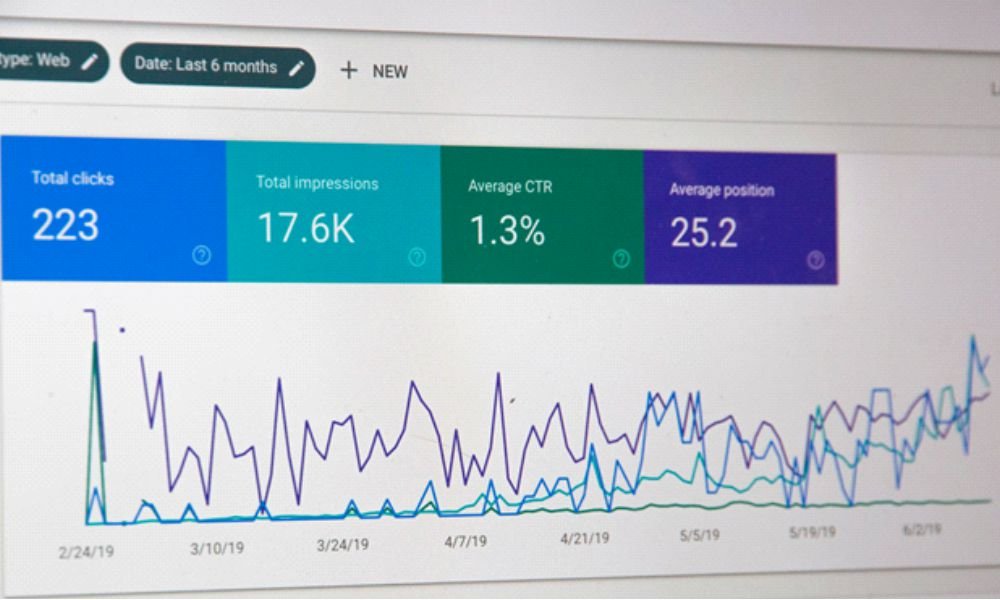Whether you run a small business, a large enterprise, or are just getting started in the world of online marketing, affiliate marketing can be a great way to earn some extra income and generate new business. However, like any other business venture, success in affiliate marketing requires careful planning and execution. In this blog post, we’ll give you some tips on how to succeed in affiliate marketing for those on a budget.
What Is Affiliate Marketing?
Affiliate marketing is a form of performance marketing where a business gives one or more affiliates money for each visitor or customer they induce with their own advertising. The industry has four core players:
- The merchant (also known as ‘retailer’ or ‘brand’)
- The network (that contains offers for the affiliate to choose from and also takes care of the payments)
- The publisher (also known as ‘the affiliate’)
- The customer
Affiliates include bloggers, influencers, Twitch streamers, email marketers, and even TikTokers. Affiliate marketing is often mixed with referral marketing, as both forms of marketing use third parties to drive sales to the retailer. However, while referral marketing uses word-of-mouth and digital channels like emails, affiliate marketing relies heavily on paid advertising.
What Businesses Use Affiliate Marketing?
Many businesses use affiliate marketing to turn a profit through web traffic. Usually, affiliate marketing is done on a pay-per-click basis, in which the affiliate is paid based on the number of visitors who click on the affiliate’s link.
Other types of affiliate marketing include cost-per-acquisition, in which the affiliate is paid based on the number of visitors who sign up for a free trial or purchase a product, and cost-per-impression, in which the affiliate is paid based on the number of times their link is displayed. Businesses that utilize affiliate marketing typically have an affiliate manager in charge of the program and recruiting affiliates. The manager also handles payments to affiliates and communicates with advertisers.
Affiliate marketing programs are usually run on a commission basis, so affiliates only earn a commission if they generate sales or leads. However, some businesses may also offer fixed-rate payouts, which means that affiliates earn a set amount of money for each sale or lead they generate, regardless of the commission rate.
Advantages of Affiliate Marketing
Affiliate marketing has a number of advantages over other types of marketing:
- It’s performance-based, so businesses only pay for results
- It’s flexible, so businesses can tailor their affiliate programs to their specific needs
- It’s easy to set up and manage, so businesses don’t need a large team to run their affiliate program
Disadvantages of Affiliate Marketing
There are also some disadvantages to consider before starting an affiliate marketing program:
- It can be difficult to find good affiliates, especially if you’re on a budget.
- It can be time-consuming to manage an affiliate program, as you need to communicate with affiliates, track their progress, and troubleshoot any issues that arise.
- There is some risk involved, as there’s always the possibility that an affiliate will fraudulently generate sales or leads.
Tips for Succeeding at Affiliate Marketing

If you want to succeed at affiliate marketing, there are a few things you can do to increase your chances of success:
Building Strong Affiliate Relationships
The relationships you build with your affiliates are key to the success of your affiliate marketing program. By taking the time to nurture these relationships, you can create a beneficial situation for both you and your affiliates.
- Communicate regularly: Keep your affiliates up-to-date on changes to your program, new products or services, and upcoming promotions. Regular communication helps to keep your affiliates engaged and informed, and builds trust between you and them.
- Be responsive to their needs: If your affiliates have questions or need assistance, be sure to respond quickly and help them however you can. Providing great customer service will solidify the relationship and encourage them to promote your products or services even more.
- Offer fair terms: Be up front about the terms of your affiliate program, including commissions and payment schedule. Be sure to provide a fair commission structure that incentivizes your affiliates to promote your products or services. By offering fair terms, you show that you respect and value their partnership.
- Show appreciation: A little appreciation goes a long way in any relationship. Be sure to thank your affiliates for their hard work in promoting your business.
Choosing the Right Affiliate Program for Your Business
When you are promoting a product or service as an affiliate, it is important to choose an affiliate program that aligns with your business goals. One of the most important factors to consider when choosing an affiliate program is the commission structure. Some programs offer a higher commission for sales, while others provide a smaller but more consistent income.
You should also consider the type of product or service you are promoting. If you are promoting a high-end product, you will want to choose an affiliate program that has a good reputation and offers quality products. The size and reach of the affiliate program is also a critical factor. A large program with many affiliates may be more difficult to manage, but it can also provide more opportunities for sales.
Finally, you should consider the customer service and support offered by the affiliate program. If you have any questions or problems, you will want to be able to reach customer service quickly and easily.
Endnote
Affiliate marketing can be a great way to promote your products or services on a budget. By building strong relationships with affiliates, you can create a win-win situation for both you and your affiliates. And by choosing the right affiliate program and taking the time to nurture these relationships, you can succeed at affiliate marketing.















